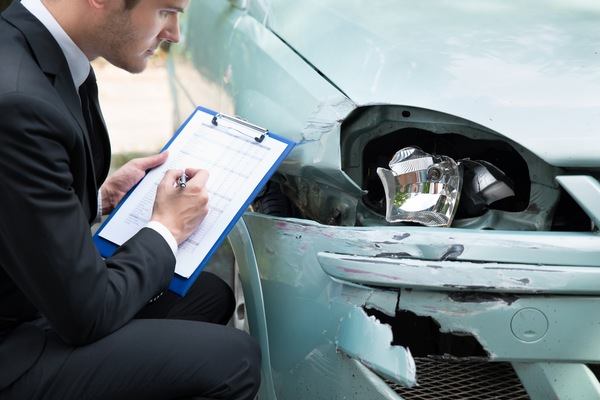
It’s easy to be swept up in shock, confusion, and regret following a car accident. Even after the early stages, emotions run high, especially if your car has been declared a total loss.
“Total loss” means that your vehicle suffered enough damage that the cost to repair it is higher than the amount your car is worth. And depending on the kind of car insurance you carry, you may be entirely responsible for repairing or replacing your vehicle.
Settling an insurance claim and getting back on the road depends on a few factors, including:
Your circumstances will affect the results of your claim and how (or if) you receive a payout.
If the Other Driver Is at Fault
Vehicles registered in the state of Florida are required by law to carry property damage liability coverage. In this case, if the other driver has the required insurance and caused the accident, you will receive a payment for your total loss from the other driver’s insurance company.
All you have to do is contact their insurance company for your next steps. If all goes well, and they’ve already admitted fault, you should receive a payout for the value of your vehicle.
If You Are at Fault
If you caused the accident or are found legally liable for it, then your insurance company may cover you. However, whether you’re covered depends on the kind of coverage you carry.
Without Collision Coverage
An insurance policy with collision coverage pays for damage to your vehicle in the event of an accident, regardless of the driver at fault.
This is very important coverage, but it is not mandatory. Drivers are only required by state law to carry insurance to protect the other party. Many drivers go without collision coverage to save money.
For this reason, whenever you purchase a vehicle or make other changes to your policy, review your coverage with a Florida insurance agency.
With Collision Coverage
With collision coverage, the damages you incur are covered regardless of the at-fault driver. If you caused the accident, you’re still covered.
Stay in Contact with Your Adjuster
Because the company they represent pays for the damage, your insurance adjuster is the one who provides information and progress on your claim. An Orlando insurance company can help track the companies that provide the best claim fulfillment times and get you back in a vehicle right away.
Collect a Reasonable Payout
Once your claim is complete, you should get reimbursement, minus the deductible (the amount you agreed to take responsibility for).
Remember, you don’t receive the same amount you paid for the car, but its current fair market value. In other words, your insurance company pays you the amount you’d receive if you sold your car the day before the accident — accounting for wear, mileage, and damage.
Adjust Your Policy with a Florida Insurance Agency
If a gap in your coverage keeps you from a payout after a total loss, a local agent can help you find a new company or adjust your existing policy. With help navigating the complicated world of insurance, you can protect yourself in the event of a future accident.
The above description(s) provide(s) a brief overview of the terms and phrases used within the insurance industry. These definitions are not applicable in all states or for all insurance and financial products. This is not an insurance contract. Other terms, conditions and exclusions apply. Please read your official policy for full details about coverages. These definitions do not alter or modify the terms of any insurance contract. If there is any conflict between these definitions and the provisions of the applicable insurance policy, the terms of the policy control.